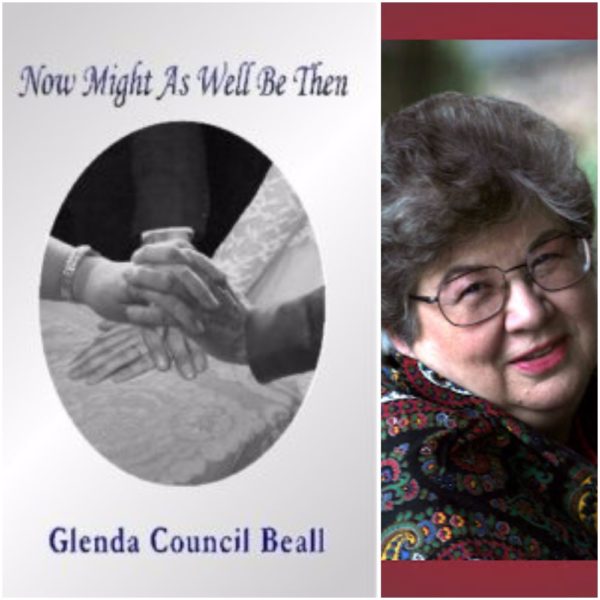This post is by Roger Carlton, columnist for the Graham Star newspaper in Robbinsville, NC
This column launches headlong into
an important and controversial subject. One that is red hot now as it should
be. The subject is the removal of symbols, statuary, memorials, flags, street
names and many other "honoraries" to people whose principles and deeds
in their time have grown to become offensive in our time. A key example is the
current debate over the Confederate flag being a portion of the Mississippi
state flag. That will soon come to an end just like it did in South Carolina
after the mass murder which took place in an African American church five years
ago last week. Good riddance to that symbol which has lost It’s meaning as a
symbol of the Confederacy and has come to represent a hateful defiance of the
rights of African Americans to be treated equally under the law.
Taking symbols yet another step,
the Black Lives Matter demonstrations both peaceful and riotous, have brought
to the fore the destruction or voluntary removal of hundreds of statues and
monuments to Confederate heroes. Recognizing that the fervor on both sides of
the removal issue is at a fever pitch, it is best that our elected leaders
decide to remove the statues before they are destroyed. We are making a mistake
to simply take these memorials out of harm's way.
There needs to be a plan to place
the statues in a museum that explains to future generations how our democracy
nearly broke up over the issues that these statues commemorate so that we can
learn from the mistakes of the past. To obliterate history is to enhance the probability
of repeating our mistakes.
The National Museum of African
American History in Washington D.C. displays slave shackles and other artifacts
of slavery. The museum tells the story of the horrors of slavery. It also tells
the story of the many accomplishments of the descendants of the slaves. The
United States Holocaust Memorial Museum uses the Nazi Swastika to symbolize the
horrors of the Holocaust. The displays of belongings of people who died in the
gas chambers are powerful. So powerful that a warning is given to parents to
prepare their children regarding what they are about to see.
Now we move from sensitive
preservation of history in a proper context to political correctness gone wild.
The Board of Trustees of prestigious Ivy League Princeton University just
decided to remove President Woodrow Wilson's name from its School of Public and
International Affairs and a residence hall. Woodrow Wilson had been the
President of Princeton, the Governor of New Jersey where it is located and the
two-term 28th President of the United States. He was accused of 'racist
thinking and policies" which made him an "inappropriate name
sake."
Let's acknowledge that his
administration should have done a better job of controlling a racist U.S. Civil
Service Commission. The agency's director should have been fired and better
treatment of African Americans in government should have been a priority. Of
this, there is no question. The real question is why do we go to college? To
learn the good, the bad and the ugly. To be able to discern good from evil.
Princeton's Board, comprised of entirely Princeton graduates, seems to have
forgotten that its students should be allowed to decide what kind of leader
Woodrow Wilson was.
But here is the
"but." Woodrow Wilson was the President who led us through World War
I. He pushed hard to establish the League of Nations which might have helped to
avoid World War II if it had not been killed by the Senate. He negotiated the
Treaty of Versailles which ended the war. For this he was awarded the Nobel
Peace Prize. He appointed Louis Brandeis to the Supreme Court and he oversaw
the creation of the Federal Reserve Act which established the U.S. Central Bank
which has been the bulwark of protecting monetary policy from political interference.
In balance, his accomplishments
greatly exceed his weaknesses. You can say the same for John D. Rockefeller,
Henry Ford, Charles Lindbergh, Andrew Carnegie, Joseph Kennedy and many others.
They all had character flaws and none were perfect. We need to understand their
mistakes and applaud their philanthropic generosity. President Wilson suffered
a stroke which made it very difficult for him to function for the last two
years of his term. It was a different time and he remained the titular head of
government. He passed away three years after the end of his second term. To
erase his name from a university he served with distinction and an institution
that trains future government leaders for the entire world just goes too far.
It is political correctness gone wild.
Appeasement is not progress. It
is a momentary victory for the aggrieved. It allows the history police to say
"we hear you," but, it does not solve problems and set new paradigms
for future respectful relations between the races. My ten-year old
grand-daughter Claire, wanted to read this column. She had great wisdom when
she said, "I don't understand why they want to erase Wilson's name and
no-one wants to take those other names away." Maybe she should be on the
board of Princeton.





